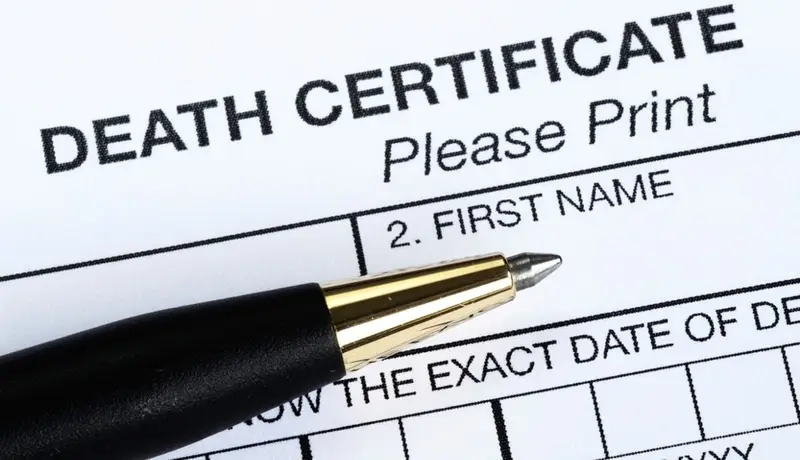How to establish paternity when a father is deceased?
Establishing paternity when the alleged father is deceased requires specific steps. A DNA test can confirm paternity. Contact the coroner’s office to inquire about available blood specimens.
Steps to Follow:
- Inquire About DNA Samples:
- Contact the coroner’s office. Ask whether they have preserved any blood samples from the deceased.
- Schedule Testing:
- If a sample is available, reach out to our office at 973-609-5102 to schedule an appointment.
Time Frames for Testing:
Testing a deceased father soon after death is recommended. Delays can complicate the process. Consider these factors:
- The coroner’s office may discard samples before testing.
- The coroner’s office may not collect DNA samples unless instructed.
Best DNA samples that can be used to perform a DNA test:
Below are the following samples commonly used for deceased father DNA sample collections. Please keep in mind the samples mentioned below are to be collected and held by the coroner or medical examiner’s office if you intend to establish paternity legally.
1. Blood specimen samples
2. Bone samples in particular the femur bone
3. Hair follicle samples.
Average turnaround times for DNA results are:
- Swab, blood, and hair follicle tests: 2 to 3 days
- Bone samples: 10 to 21 days
Alternative paternity testing options:
In the event, you are unable to secure a deceased father’s DNA specimen from the medical examiner’s office. Performing a family reconstruction DNA test with a parent or parents of the deceased alleged father, or if the alleged father has other offspring where his name appears on the birth certificate. A sibling DNA test can be performed.
Before performing a grandparent or sibling DNA test. We recommend you contact the birth certificate office or social security agency in your city to confirm they will accept these secondary testing options. Each state is different and it is important you make sure you know your state’s evidence submission guidelines.
Frequently Asked Questions
How will I receive my DNA results?
Upon the completion of your results a copy will be emailed to you and a physical copy will mailed to home.
What is paternity?
Paternity refers to a man being the alleged legal biological father of child. Establishing paternity has important implications for a child and parents in particular the alleged father.
For the Child:
Financial Support: Establishing paternity allows the child to receive child support or social security benefits.
Medical history: Knowing who the father provides more information in the event the child has a health issue,
A sense of identity: Having knowledge of your parents provide s a complete outlook of the child identity.
For the father:
Unmarried fathers have an opportunity to have legal rights to make decisions regarding his child.
Custody and visitation: paternity establishment allows unmarried men or men who are separated by divorce the to actively participate in the child’s life.

